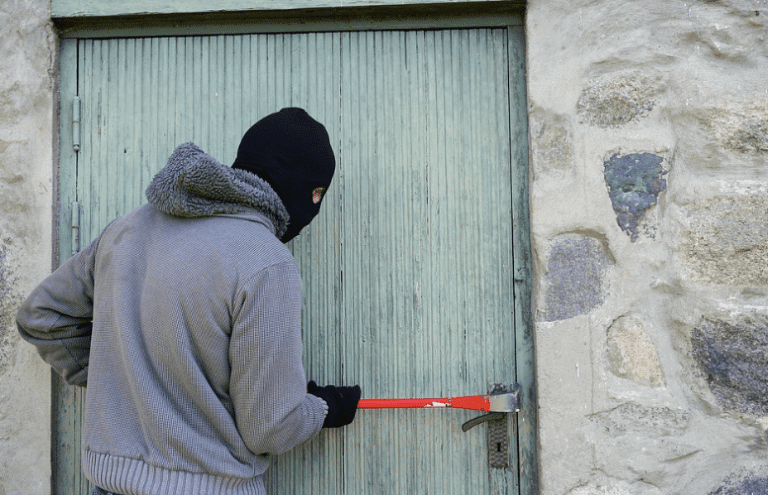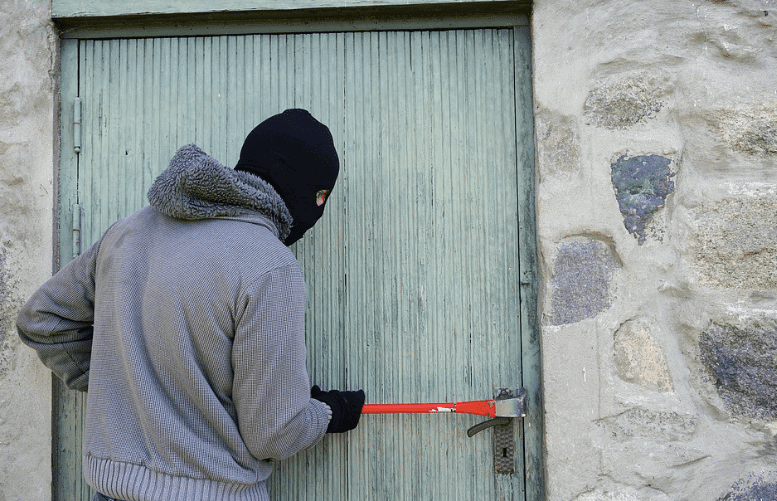
COVID lockdowns have kept us all away from fall fun for the last couple of years. Now, we’re finally able to go out with friends and enjoy sharing activities together. These festivities often provide plenty of opportunities to indulge in alcohol. While enjoying drinks with friends and family may seem like the norm, especially in fall and as the holidays approach, it’s important to remember that alcohol-related misdemeanors and felonies such as Driving While Intoxicated (DWI), Aggravated Driving While Intoxicated (Aggravated DWI), Driving While Ability Impaired by Alcohol (DWAI/Alcohol), Driving While Ability Impaired by a Single Drug other than Alcohol (DWAI/Drug), Driving While Ability Impaired by a Combined Influence of Drugs or Alcohol (DWAI/Combination), Zero Tolerance Law violations, and public intoxication, skyrocket this time of year. Here are some tips to avoid charges related to drinking this holiday season.
Establish a Designated Driver Before You Arrive at the Event
Did you know that driving while under the influence of alcohol is a misdemeanor in all 50 states? Depending on the state in which you’re charged and the circumstances of the incident, receiving a DWI, even as a first offender, could lead to probation, a fine, a suspended license, and possibly a jail sentence.
If this isn’t your first offense, you’re underage, or someone else gets injured because of your actions, it could upgrade your charges from a misdemeanor to a felony in some states, including New York. Before you get to your next tailgate or Oktoberfest, choose a designated driver and make sure they know you are relying on them to return home safely. If you drove yourself to the party, give your keys to someone you trust. It’s much better to call a ride service than risk the consequences of driving while intoxicated.
Set a Drink Limit and Stick to It
One of the best ways to avoid trouble while drinking alcohol is to pre-determine and limit the number of drinks you will consume, or don’t drink at all if you can’t control yourself.
In New York, the legal blood alcohol concentration (BAC) level when driving is .08% and .04% for commercial motor vehicles. If your BAC exceeds these levels, you will be charged with Driving While Intoxicated (DWI) under New York’s Vehicle and Traffic Law § 1192.2. If your BAC exceeds .18% you can be charged with Aggravated Driving While Intoxicated (Agg DWI), under New York’s Vehicle and Traffic Law § 1192.2(2-a).
There are many factors that can contribute to your BAC, such as your gender, age, weight, time elapsed, whether or not you’ve eaten, types of alcohol consumed, etc. Generally, it takes about one hour to process the amount of alcohol in a standard drink, but there’s no guarantee this rate is accurate for everyone. According to the New York DMV, a single drink of alcohol for a 150 lb male increases his BAC by about .02 percent. On average, it takes the body approximately one hour to remove that much alcohol.
It takes only a few drinks to increase your BAC to levels at which it is illegal to drive. And remember, the effects of alcohol on your ability to drive begin at even lower BAC levels after just one drink.
Even if you do not consume enough drinks to bring your BAC above .08%, you can still be charged with Driving While Ability Impaired (DWAI) under New York’s Vehicle and Traffic Law § 1192.1. If your BAC is above .05 but less than .07 or the arresting officer believes you are under the influence of some drug, you will be arrested for DWAI.
Be on Your Best Behavior
If you plan to be out in public while celebrating, it is important to monitor your behavior and avoid public intoxication. New York has a law against public intoxication due to drugs, but merely being drunk in public is not a crime. Public intoxication, drugs, N.Y. Penal Law § 240.00, 240.40, is a misdemeanor punishable by a fine up to $250 to 15 days of jail in New York. The grounds for this charge are directly related to your conduct in public or as a guest in a private residence.
In New York, a person commits a crime by appearing in public under the influence of narcotics or some other drug (other than alcohol) if the person:
- Poses a danger to others
- Poses a danger to themself
- Poses a danger to property
- Annoys others
A place is public if it is open to everyone or to a substantial group of people. A person on a street or highway is in public even if the person is inside a private vehicle.
Be Smart This Season—Think Before You Drink
If you find yourself in trouble, contact The Law Offices of Adam Bolotin, LLC for legal help. Adam Bolotin is an aggressive criminal defense attorney with many years of experience representing and winning cases for clients facing criminal charges. For more information, contact the firm or call Mr. Bolotin directly at: (646) 368-8688.








